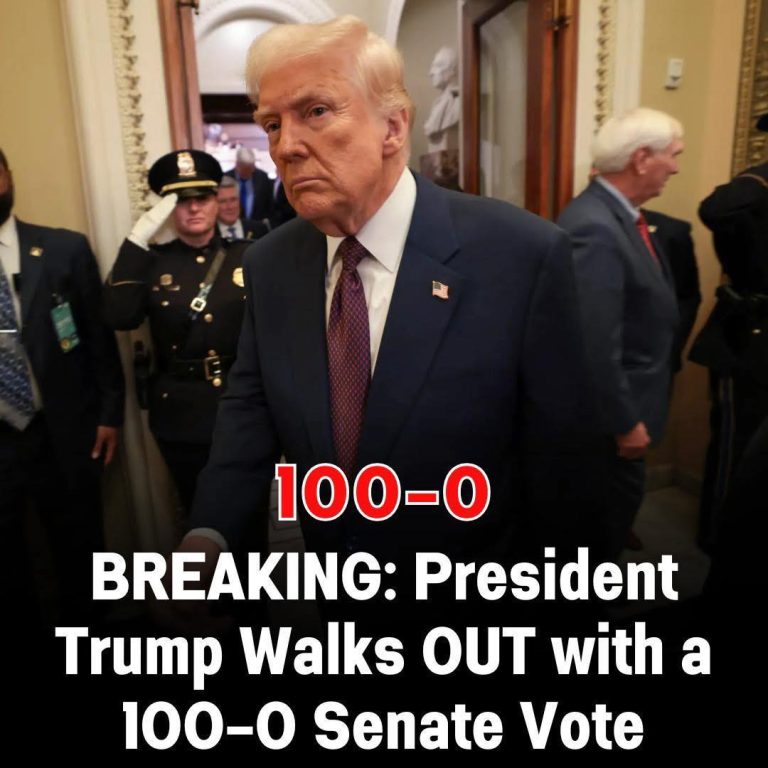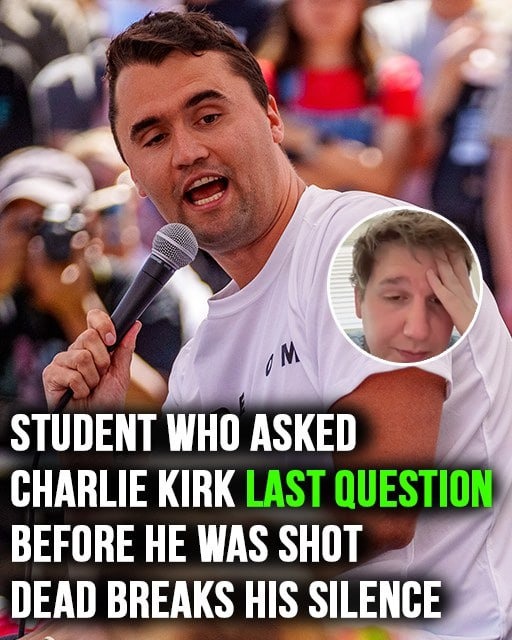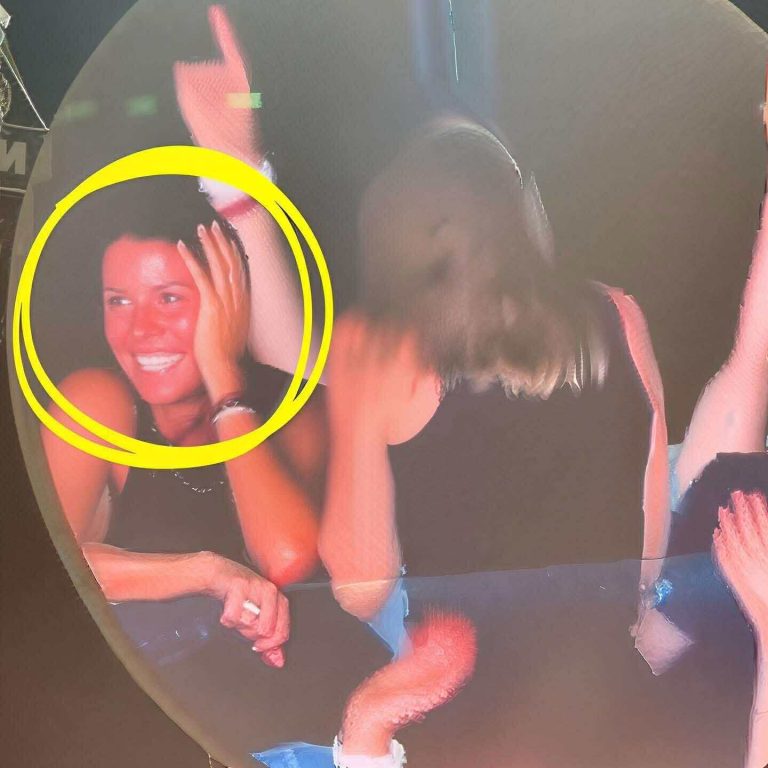Roosevelt Avenue Faces Rising Threats From Global Networks
In Queens, New York, Roosevelt Avenue has become the focal point of a complex struggle between residents and international criminal networks. Once a vibrant immigrant corridor, the area has been infiltrated by gangs and organized crime groups, including the 18th Street Gang, Tren de Aragua from Venezuela, and Chinese criminal organizations.
These groups operate brothels, sell fraudulent documents, and traffic drugs, creating a climate of fear that impacts daily life for families and children. Local law enforcement has made efforts to address the crisis. NYPD initiatives, such as “Operation Restore Roosevelt,” have deployed hundreds of additional officers, resulting in a measurable drop in crime.
Federal operations have also targeted gang members, leading to arrests and racketeering charges. However, these efforts provide only temporary relief, as criminal networks quickly replace arrested members. Community groups, like the Restore Roosevelt Avenue Coalition, have stepped in to advocate for sustained federal intervention.
They have organized public demonstrations, written multiple letters to the FBI, and highlighted specific hotspots of illegal activity. Residents emphasize that the criminal presence not only threatens public safety but also erodes the social and economic fabric of the neighborhood. Political leaders have responded with a mix of funding for victim services and support for law enforcement tools, but advocates argue that dismantling these sophisticated networks requires ongoing federal engagement. The Roosevelt Avenue situation has become a test of how effectively American institutions can protect communities from transnational criminal organizations. The outcome will have implications far beyond Queens, signaling whether coordinated civic activism and federal enforcement can reclaim neighborhoods under siege.






